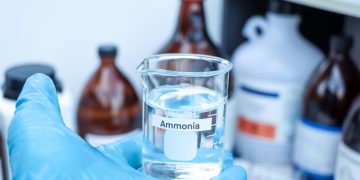Rotterdam anticipates great future for biobased industry
The Port of Rotterdam Authority predicts a great future for the biobased industry, which is why it intends to further strengthen Rotterdam’s leading position in this sector. To provide room for growth, the Port of Rotterdam designated an 80-ha plot with greenfield opportunities at Maasvlakte 2, specifically geared towards an innovative chemical industry that uses biomass as feedstock.(You may click on the infographic above for a larger view) A unique feature of this area is its Plug & Play concept. In partnership with specialist suppliers E.ON, Vopak, Stedin and Evides, the Port of Rotterdam invests in the necessary local industrial infrastructure and utilities, so that biobased companies can focus on their core business. In addition newcomers aren’t required to reserve capex for matters like tank storage, energy networks, wastewater treatment plants and steam boilers. This can result in some 20 percent lower investment costs.BioPort Rotterdam is an exceptionally strategic and attractive business location for biobased companies. The Netherlands has the most competitive sugar industry in the world. Over ten million tonnes of cereals, corn and lingo-cellulosics are traded, stored and transshipped in Rotterdam on an annual basis.In addition, Rotterdam is Europe’s foremost port and a key hub for international cargo flows. ...
Read more


























































